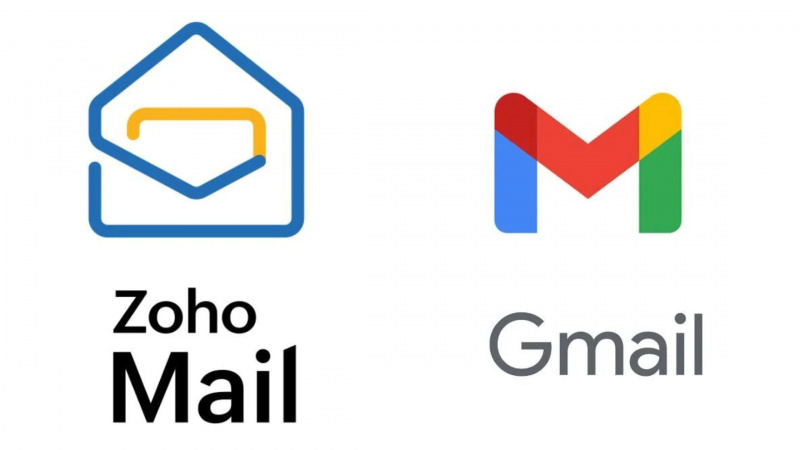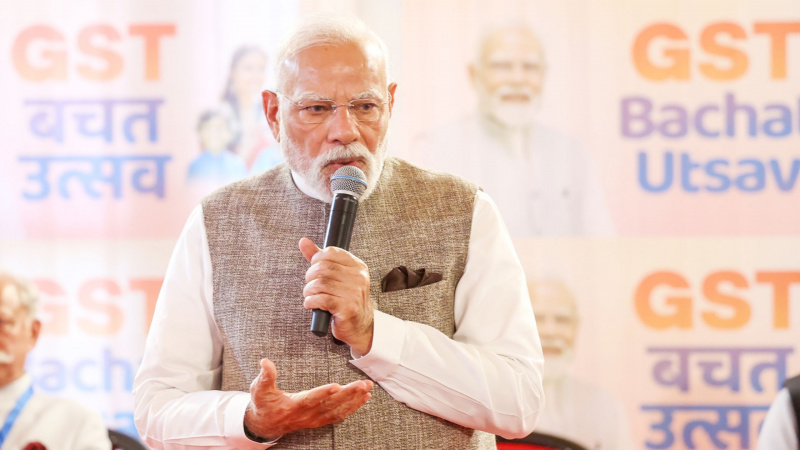Google Assistant- the ultimate digi-helper
Digital helpers can assist us with an immediate response without any of our effort. Whether it be referring to some quotes, checking out the latest fashion, ask
- by Preetam Banerjee 2019-10-07 08:37:14
Won’t it be nice to have a personal helper online for everything we do and plan of? In today’s world we are always in need of some form of assistance and accept it or not, technology has made our lives easier and immediate access to millions of data has made our well-being more wholesome.
May you also like: Staunch backlash over the latest AI capability of Google​
Digital helpers can assist us with an immediate response without any of our effort. Whether it be referring to some quotes, checking out the latest fashion, asking for a recipe or catching up with live match details - the features of smart speakers as seen in sci-fi movies are now available in our real world. Google assistant and Alexa are two such examples of advanced digital intelligence.
As the technology and research are getting advanced on a regular basis these AI platforms are changing on a rapid scale to achieve our daily needs. Google assistant and Alexa both have the feature to upgrade themselves on a daily basis relating to what the user is asking or searching through it.
- Google assistant covers a wider spectrum on the internet whereas Amazon Alexa has to retrieve data continuously making the process lengthy (even if the difference is a few seconds) and yielding ambiguous conclusions sometimes if not outright incorrect.
- Google assistant can be reached using a Google home speaker or Smartphone whereas Alexa is device-based and can be connected only using Amazon Echo smart speaker and Fire TV remote control.
- It has been observed that Alexa is more likely to give a response “sorry, I don’t know that one” than Google assistant as of now because Alexa interprets our questions based on what we have already asked whereas Google does primary, secondary as well as tertiary searches before arriving on the conclusion.
- Google assistant has a better AI platform and has the ability to give a more precise response to a general question asked by the user whereas Alexa needs specific keywords for an answer. For example- If the user asks for a song to be played, Google assistant would just play it whereas for Alexa the command might have to include specifications like mentioning the singer or the year of release.
- Google assistant can be interfaced with Chrome cast which allows us to take the media from our phone to our TV for a better digital experience. Chrome cast is a very low-cost plug n play device and can be easily installed in the HDMI port of our televisions. Whereas Alexa can be used in TV through Fire TV stick or 4k Amazon Fire TV which are a special range of televisions with a full on-screen interface.
- Google assistant comes with six different voice options apart from the standard male and female voices, whereas Alexa only features a female voice.
- Another magnificent advancement of Google assistant is the “Google Duplex feature”. This means Google assistant can now make a phone call on behalf of the user and hold a simple conversation. To make it sound human-like, Google assistant will even throw in pauses and respond with “umms’ and “ahhs”. This feature has sparked “ethical” conflicts as to whether this kind of technology can be misleading or not. Alexa does not have any such features in its bag yet.
A study was done by the Digital marketing company- Stone temple this year to compare these various smart speakers by asking each one of the 5000 questions. Google’s assistant on phone gave better results than assistant on home. However, this smart speaker has already set the benchmark for the rest to follow. Microsoft’s Cortana came in the second place with Alexa and Siri trailing behind.
POPULAR POSTS
The Agentic Revolution: Why Salesforce Is Betting Its Future on AI Agents
by Shan, 2025-11-05 10:29:23
OpenAI Offers ChatGPT Go Free in India: What’s Behind This Big AI Giveaway?
by Shan, 2025-10-28 12:19:11
Zoho Products: Complete List, Launch Years, and What Each One Does
by Shan, 2025-10-13 12:11:43
Arattai vs WhatsApp: Which Messaging App Should You Choose in 2025?
by Shan, 2025-10-10 11:55:06
Top Buy Now Pay Later (BNPL) Apps for Easy Shopping in 2025
by Shan, 2025-09-22 10:56:23
iPhone 17 Sale in India Begins: Full Price List, Launch Offers and Store Availability
by Shan, 2025-09-19 12:00:45
Apple September 2025 Event Recap: iPhone 17, iPhone Air, Apple Watch Series 11, and India Pricing Revealed
by Shan, 2025-09-10 09:55:45
RECENTLY PUBLISHED

Loan EMIs to Drop as RBI Slashes Repo Rate - Full MPC December 2025 Highlights
- by Shan, 2025-12-05 11:49:44

Pine Labs IPO 2025: Listing Date, Grey Market Premium, and Expert Outlook
- by Shan, 2025-11-05 09:57:07

Top 10 Insurance Companies in India 2026: Life, Health, and General Insurance Leaders Explained
- by Shan, 2025-10-30 10:06:42

Best Silver Investment Platforms for 2025: From CFDs to Digital Vaults Explained
- by Shan, 2025-10-23 12:22:46

Zoho Mail vs Gmail (2025): Which Email Platform Is Best for Businesses, Startups, and Students?
- by Shan, 2025-10-09 12:17:26

PM Modi Launches GST Bachat Utsav: Lower Taxes, More Savings for Every Indian Household
- by Shan, 2025-09-24 12:20:59




 Subscribe now
Subscribe now 